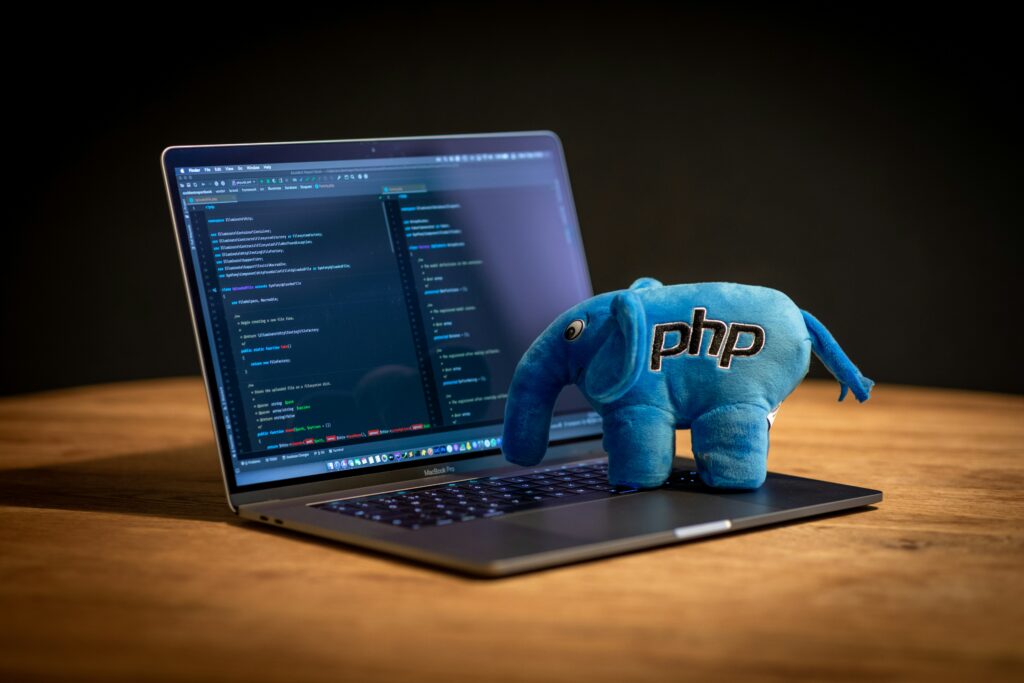Is PHP Dead? A Thoughtful Look at the Evolution of a Veteran Language
When developers say a language is “dead,” they rarely mean that no one is using it. Instead, they often refer to its perceived relevance in modern development, community growth, innovation, or overall momentum in the tech landscape. So when the question arises, “Is PHP dead?” — it deserves a thoughtful, nuanced exploration rather than a simple yes or no.
What Does “Dead” Mean in Tech?
In technology, a language or tool is often considered “dead” when:
It is no longer actively developed or maintained.
It lacks a vibrant community or ecosystem.
It’s not being adopted in new projects.
It feels outdated or is losing mindshare to newer alternatives.
However, this definition has its flaws. For example, COBOL is decades old and rarely used for new projects — yet it’s still running mission-critical systems in banks and governments. That doesn’t make it dead; it makes it legacy. The same nuance applies to PHP.
Is PHP Still Being Used?
Absolutely. PHP powers more than 75% of websites on the internet, including major platforms like WordPress, Drupal, and Magento. Facebook originally ran on PHP and still relies on it internally (albeit a heavily modified version called Hack).
Platforms like:
WordPress (which powers 40%+ of the web)
Laravel (a modern PHP framework that is extremely popular)
Symfony, CodeIgniter, and other frameworks show that PHP is not only used, but also thriving in certain areas.
Why Developers Say PHP is “Dead”
Despite its continued use, many developers refer to PHP as “dead” for several reasons:
1. Bad Reputation from the Past
PHP, especially in its early versions, had major issues:
Inconsistent syntax
Poor security practices
Spaghetti code common in beginner-written apps
This led to a reputation that’s been hard to shake off, despite improvements.
2. Rise of JavaScript and Node.js
The explosion of JavaScript (with Node.js, React, etc.) gave rise to full-stack JavaScript apps. Developers found it easier to use one language for both front and back end.
3. Modern Alternatives
Languages like Python (with Django/Flask), Ruby (with Rails), and even Go and Rust have gained popularity for their performance, cleaner syntax, and modern design patterns.
4. Lack of Innovation Perception
Compared to fast-moving ecosystems like JavaScript or Python, PHP feels slower to evolve — even though PHP 8 introduced great features like JIT compilation and type safety.
Why PHP Is Still Very Much Alive
Despite the criticism, PHP continues to improve and grow.
1. Massive User Base
Because of WordPress, PHP is likely the first backend language many developers still encounter. It dominates small business websites, blogs, and even e-commerce.
2. Modern Frameworks (Laravel)
Laravel, one of the most elegant and modern PHP frameworks, brought structure, simplicity, and beauty back to PHP development. Its ecosystem rivals that of any modern backend framework.
3. Performance Improvements
PHP 8 and 8.1 brought major performance and syntax improvements. Features like union types, attributes, and the JIT compiler make PHP more capable than ever.
4. Easy to Learn, Fast to Deploy
PHP is still one of the easiest languages to get started with. You can spin up a PHP server with minimal configuration, which is attractive for beginners and small projects.
5. Robust Hosting Support
PHP is supported out-of-the-box by nearly every web hosting provider, making it the go-to for quick deployments and shared hosting environments.
Conclusion: PHP Isn’t Dead — It’s Just Mature
Calling PHP “dead” is both inaccurate and unfair. It may not be the trendiest language on the block, but it has matured into a solid, reliable, and modern language that powers a huge part of the web.
Developers might move to shinier tools, but PHP remains an essential part of the internet’s infrastructure. Like a veteran craftsman, it may not flash the latest trends, but it gets the job done — reliably, securely, and at scale.
So is PHP dead? No. It’s alive, stable, and quietly powering the backbone of the internet while the world debates its relevance.
